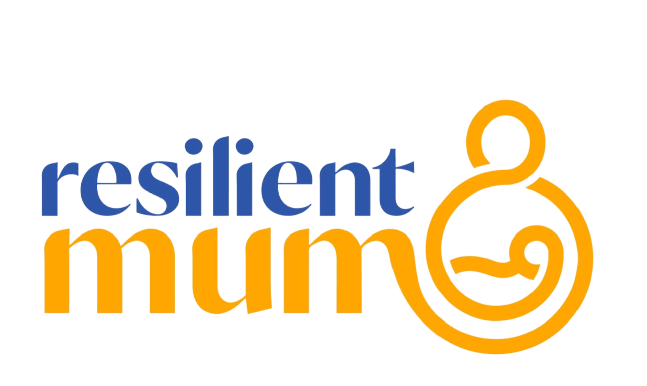- Also known as Physical therapy, Physiotherapy helps to restore movement and function when someone is affected by injury, illness or disability. It can also help to reduce your risk of injury or illness in the future. It takes a holistic approach that involves the patient directly in their own care.
It will aim to address difficulties faced in the individual’s everyday life, and seek to achieve any other goals. Physiotherapy is an interactive process that often takes time and trust for the child to engage, once completed, it is hoped the program will have a positive impact both on physical ability and psychological wellbeing.
The physiotherapy intervention may include:
- Practice of basic movement skills, such as sitting, standing and playing
- Practice of more complex skills such as kicking, throwing and catching- these are important for physical development, but also for social engagement in sports, recess and general play.
- Techniques for helping build muscle strength, coordination and skills
- Building social/physical skills
Benefits of physiotherapy in autism
- Increased self confidence
- Improved interaction skills
- Improved physical skills
- Improved quality of life
- Increased ambition, and self-belief
